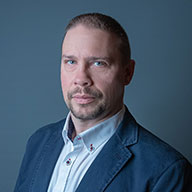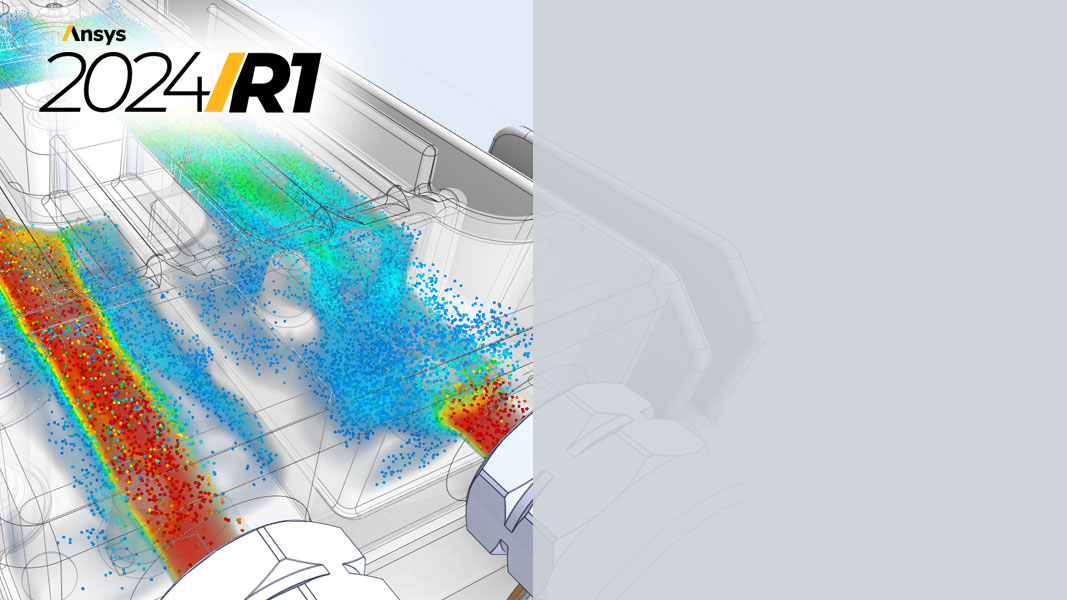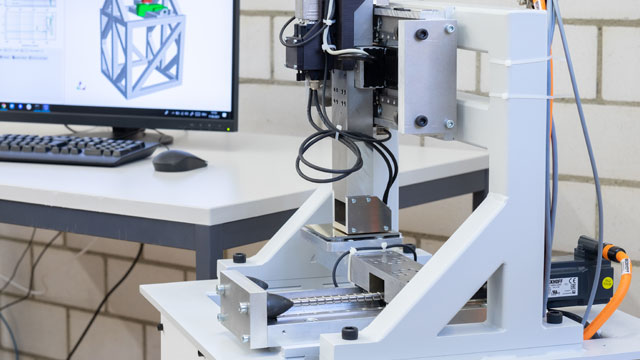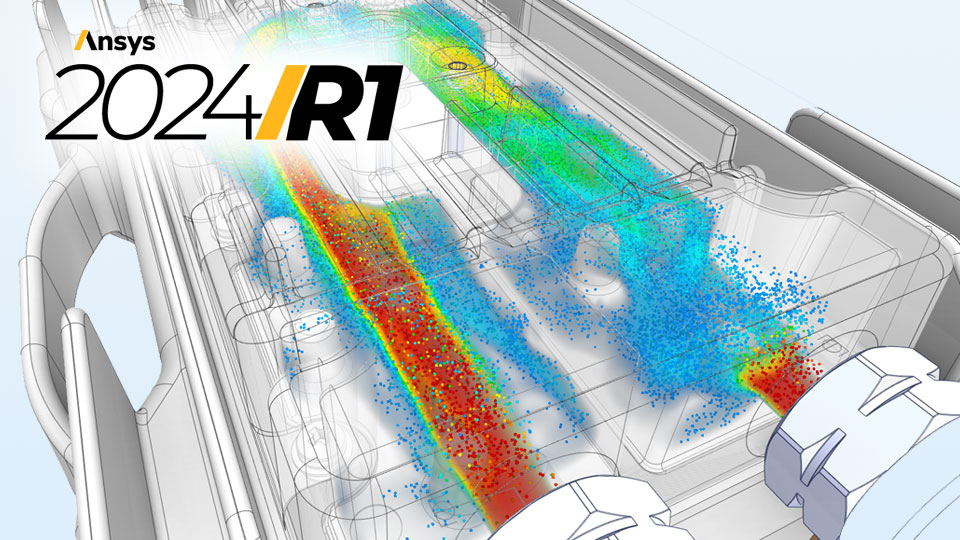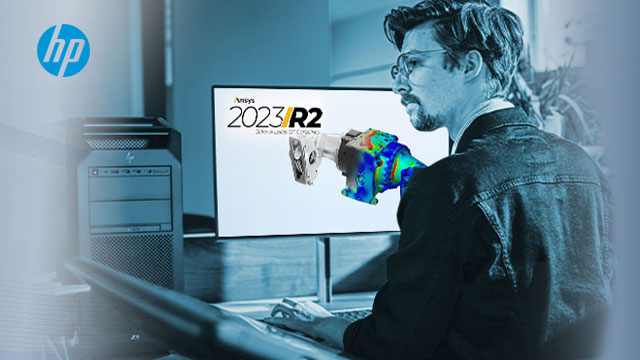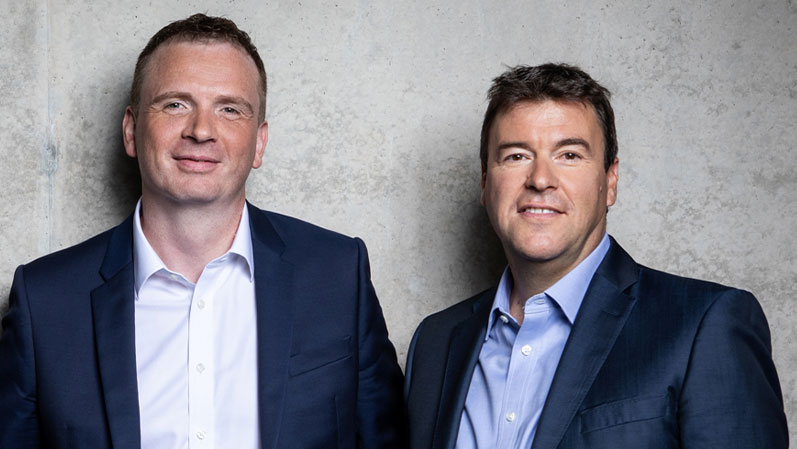CADFEM – world of simulation
CADFEM and Ansys
We have been a successful Ansys Elite Channel Partner since 1985.
CADFEM is a pioneer in the application of numerical simulation in product development and a leading CAE provider,
and supports Ansys users with all aspects of simulation.
CADFEM operates within a strong partner network and is part of the international CADFEM Group.

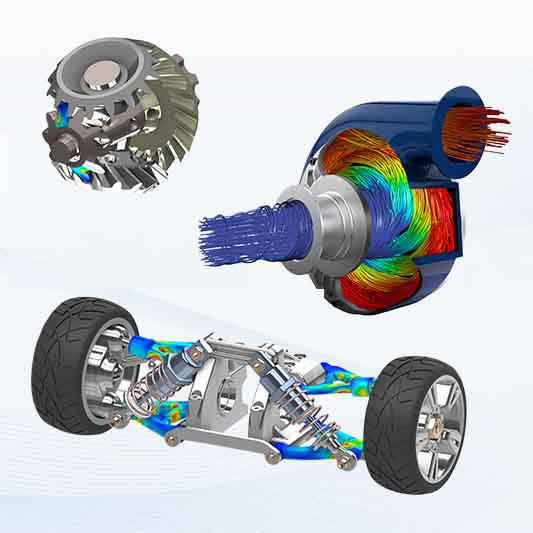
Software, Hardware and Services for you Simulation Success.
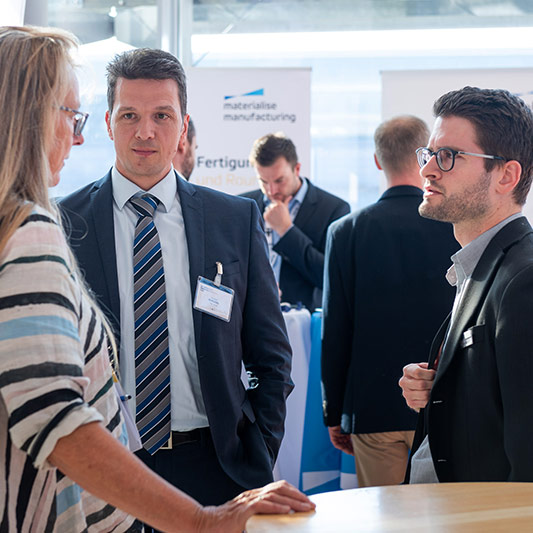
globally speak for our good work and high knowledge of different industries.
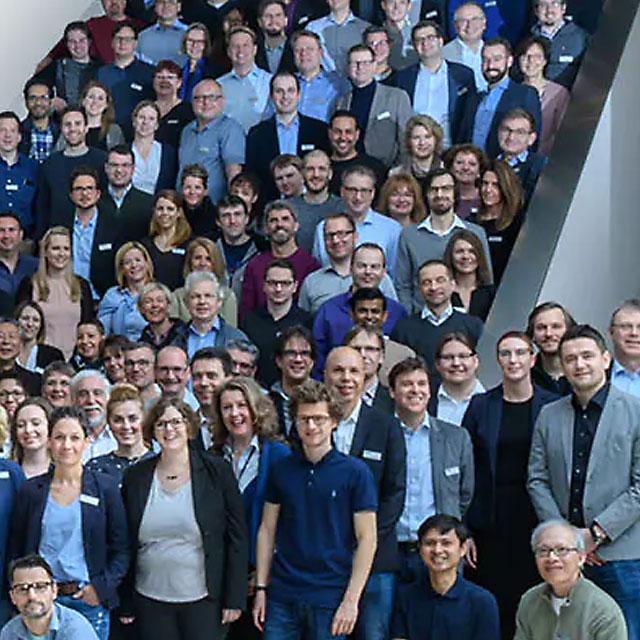
with over 300 Ansys specialists provide competent service and support.
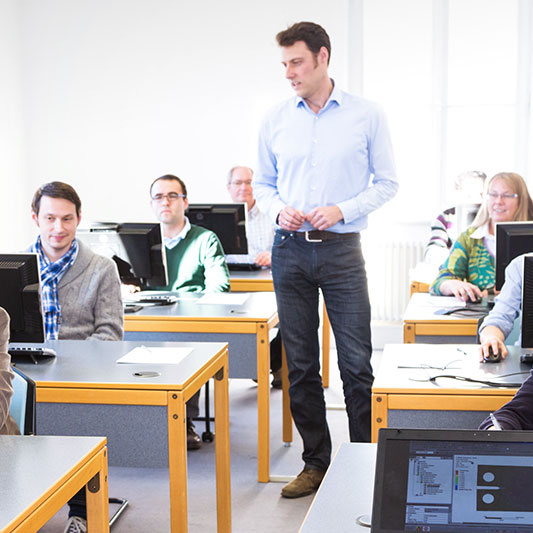
CADFEM offers an extensive range of training courses and elearning options.
Numbers: CADFEM Group 2023
Introducing simulation
Discover how simulation improves your development process – for greater product innovation and improved product quality.

